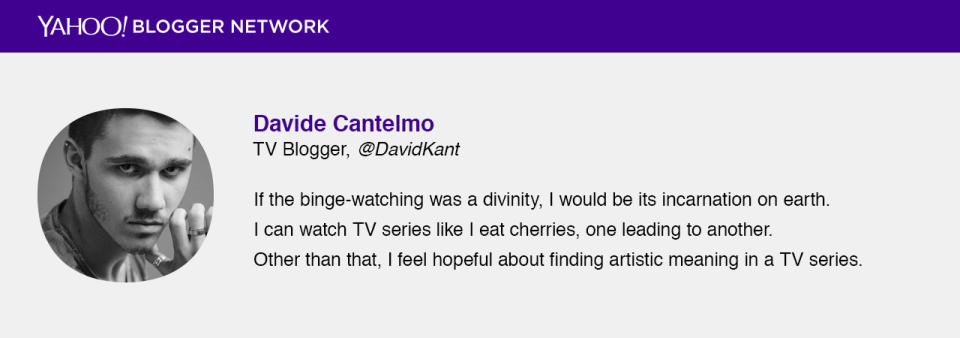Is Cinema Dead? Stars running to the small screen!
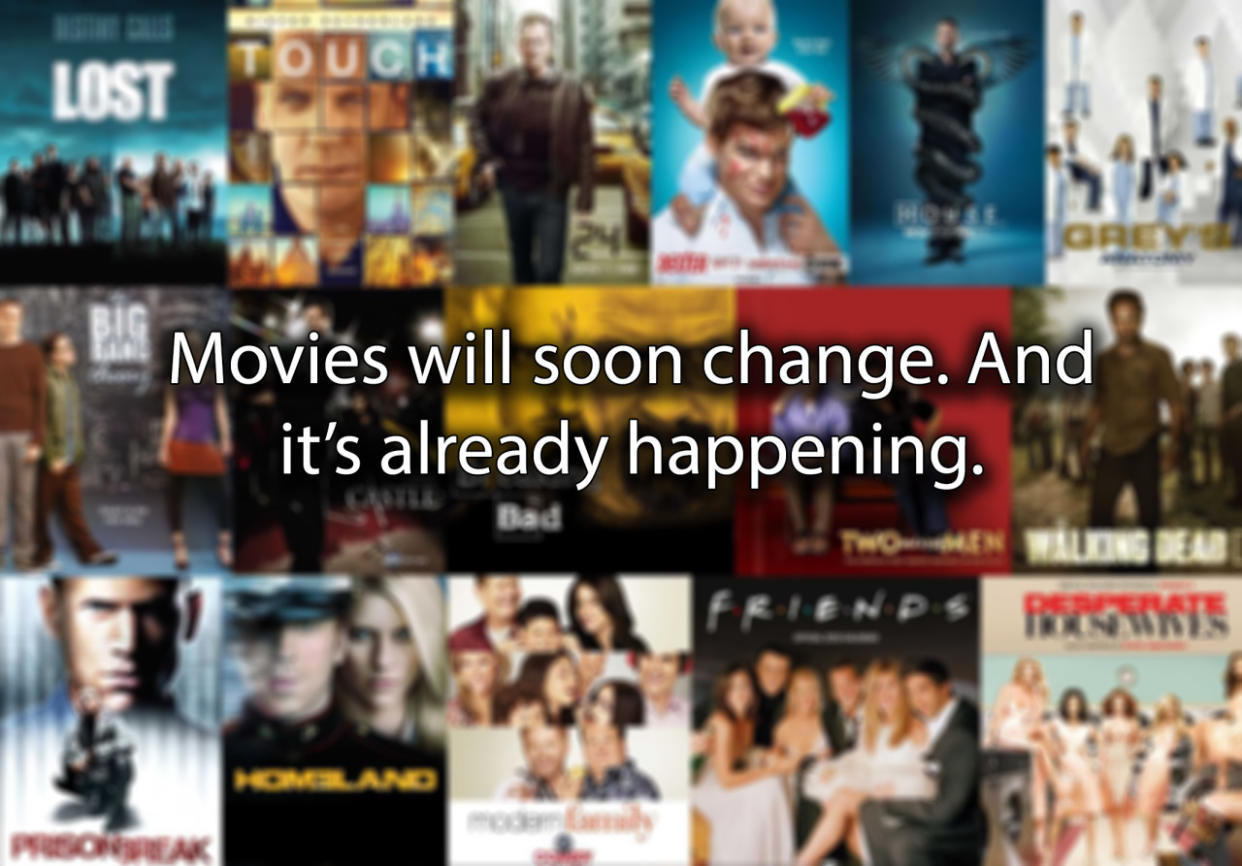

The concept of movies we have known so far is doomed to change and it isn’t something we should be scared of.
When I was a kid, I quickly got used to a weird but successful idea: original stories – told through images at a frame of roughly twenty shots per second — that are cast onto big white walls thanks to a technological tool called a projector. After this, huge rooms in grand buildings called movie theatres were built to house large numbers of people altogether and to let them watch those stories.
As I grew older, I started to acknowledge how powerful it was to have stories told in such environments. Over time, cinemas became seen as places for social gatherings and movies became known as their own art form. Cult films like Cinema Paradiso by Giuseppe Tornatore have proved this art theory and therefore I wanted to further my knowledge by making the cinema one of my most profound passions.
In my childhood, I mostly frequented my town’s cinema to watch the latest Disney Classic such as The Lion King or Hercules and I was starting to understand the concept of movies no longer played by real people but made of cartoons. But that was still something easy to understand for a five-year-old child.
What first really proved my intellect was when I watched a movie where the story wasn’t original but it was excerpt from a pre existing novel narrated in a book.
When it first happened, I had my mind blown away. I got used to it eventually, but it was something so striking that led me to totally change perspective about movies.
In present time, I’ve spent more than twenty years on this planet and something has already begun to shuffle everything again: tv series.
I don’t mean to talk about the Golden Age of tv shows (all that fiction going on from the ‘70s) that for me eventually ended somewhere between the ‘90s and the new millennium. I want to focus on the Silver Age of the television that, similarly to what happened in the world of comic books, proved in history to be the real game changer in terms of narration, content and profoundness.
Premises of the Silver Age have been floating around for quite a while, in the early 2000s. I’m thinking about Lost, from the genius of J.J. Abrams, and iconic shows like The Sopranos and Mad Men which set the bar for a whole new kind of storytelling structure and characters. These were all different types of stories, different from the 24-episodes/10-seasons scheme of iconic comedy shows that aired in the same period.
This format of creating less episodes certainly highlighted quality over quantity. Whether in long running series like Friends, Scrubs or - more recently - How I Met Your Mother it was tangible to foresee a likely ending. While the screenwriters were playing week after week with inconclusive love stories that kept us all glued to the screen, the new 13-episodes format provided much more consistency throughout the series. It was possible to grasp the intentions and the hands behind the direction. It was all concise and perfect like it was part of the complicated mechanism of a swiss clock.
It all started with Breaking Bad, skilfully born from the brain of Vince Gilligan, that set the bar of quality at a point so high that audiences both in the US and around the world are still waiting for something to come along as good as this iconic show. The series proved to the world that tv shows aren’t only meant for purely entertaining purposes but that people can make real art out of them.
For years, an invisible line kept distinct cinema movies from tv series.
That has changed dramatically.
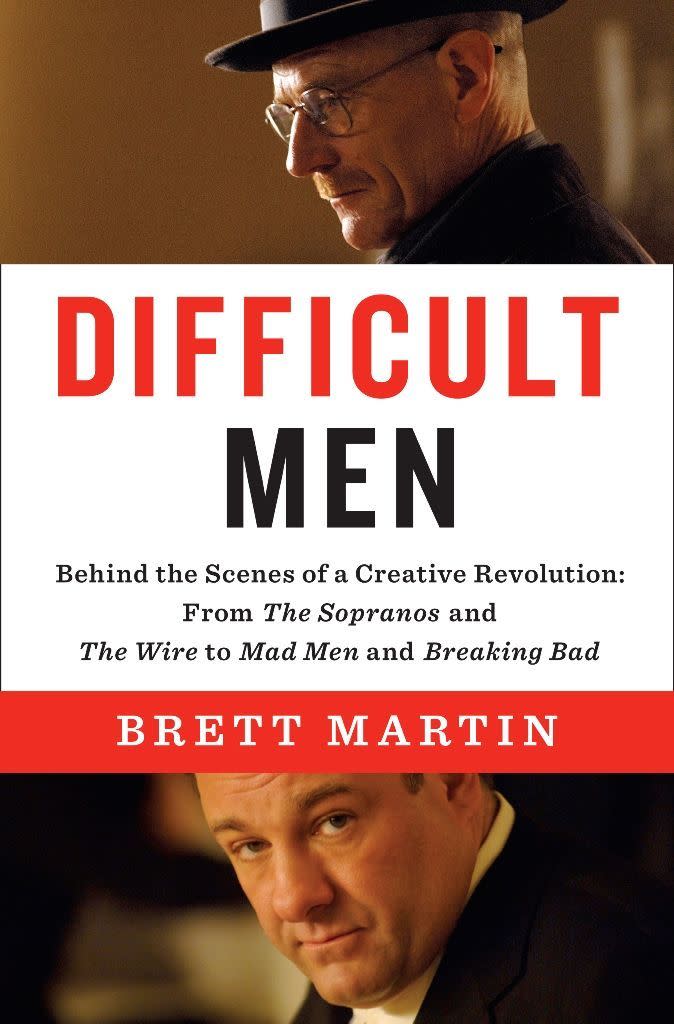
Thankfully, this has been proved to be untrue since a new generation of dramas and stories was sparked off by the newborn creature of Gilligan.
Brett Martin, in his book “Difficult Men” takes on the issue by explaining and proving how some of the best tv series from this new millennium — such as The Sopranos, The Wire, Mad Men and of course Breaking Bad — successfully replaced the role movies have been playing for years.
At the end of the 90s, Martin explains, movies stopped trying to narrate the life of the average American man, as masterpieces like Fight Club, American Beauty and so on had previously done. Therefore a new generation of dramas, wholly and intentionally written for the television, came to fill the gap.
He [Brett Martin] calls it “the significant art form of the first decade of the 21st century, the equivalent of what the films of Scorsese, Coppola, Altman and others had been to the 1970s, or the novels of Updike, Roth and Mailer had been to the 1960s”.
Since then, there has been a dramatic shift in Hollywood. And that shift is due to the second stage of this fast transformation. As Empire pointed out:
Long gone are the days where TV was seen as the lesser cousin to movies. Now, bigger and bigger names are jumping into TV, encouraged by trailblazing shows like The Wire and The Sopranos, or tempted by successful franchises that may not win many awards, but in front of millions of eyeballs every week.
House of Cards was the second best production that recently sought to become the new Breaking Bad. It features a really strong main character that takes the charm and evilness that’s inside of everyone to a whole new level. The TV is now picturing the revenge of anti-heroes, that people love and because of their intimate and innate wickedness. Both Walter White(Breaking Bad) and Frank Underwood (House of Cards) represent what normal people cannot achieve because of conduct codes of good citizenship and moral behaviours implicitly supported by everyone in order to basically preserve pace.
There was a time when American movie stars and big-ticket directors wouldn’t touch TV. Now, thanks to hit series such as True Detective, not only movie actors but major Hollywood directors are flocking to the small screen.
The main purpose of this piece is not to discuss about the social consequences of these series, though.
House of Cards was hugely important in the TV drama scenario because it showed, for the first time, how an important director such as David Fincher can leave Hollywood to create something for the television.
In an interview about the making of House of Cards and the reasons why he opted for something different from movies, he said:
If you’re working in the movie business, you’re thinking in terms of you have this two-hour form that requires a kind of ballistic narrative that doesn’t always allow for characterisations to be that complex, or that deep, or that layered, or that you can reveal slowly and be as faceted. And I felt for the past ten years that the best writing that was happening for actors was happening in television. And so I had been looking to do something that was longer form. I never said I was going to hold my breath until somebody offers me 26 hours. And when they did it was sort of shocking when you try to kind of wrap your mind around the number of different storylines that it’s going to take to fill 26 hours. It can be a particularly daunting experience. But I had liked the idea of doing something either on premium cable that could be challenging to an audience of adults in terms of its drama and subject matter.
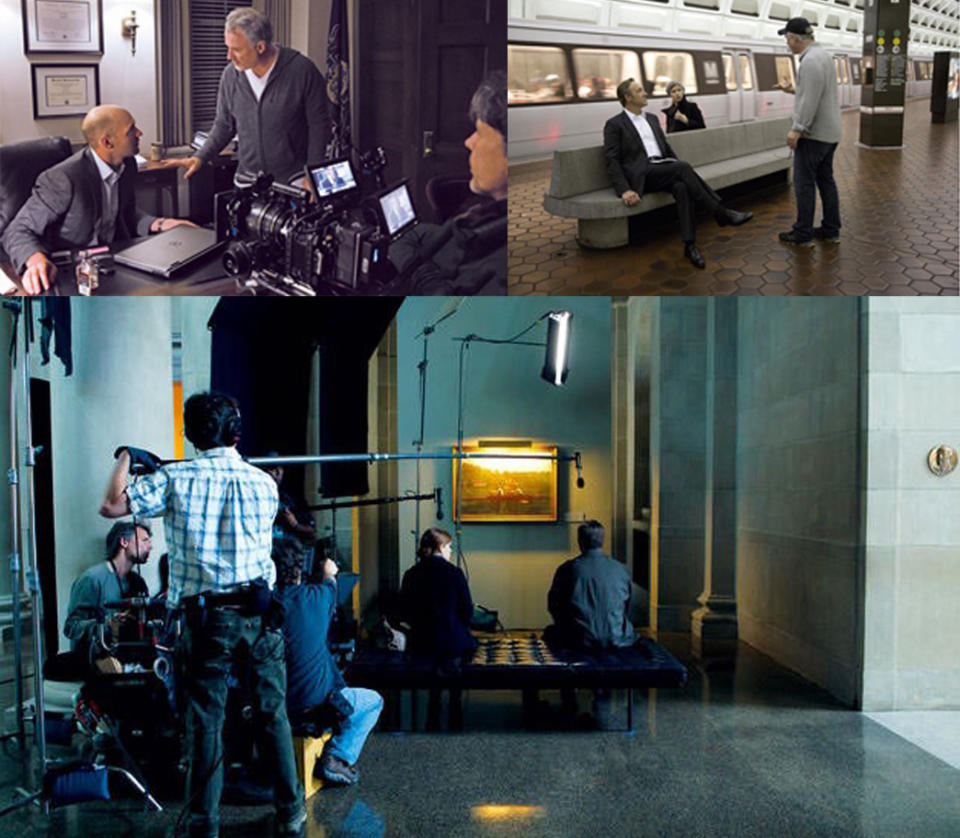
It will be a huge leap forward that will definitively change the way this market works. What is even more incredible is that we’re already witnessing these transformations. Movies, today, are unfortunately being the first victims of such shift and what it’ll be ever more obvious is the lack of originality and depth of contents. Even other remarkable directors such as Woody Allen, Steven Spielberg, Martin Scorsese
Marvel’s latest roadmap is a clear example of what it’s going on in the market and what it will happen in the future. Production houses are more willing now to invest in already written stories (such as in the comic books) that are linked between one another.
Marvel with its five-years (and more to come) production of movies based in the same cinematic universe is the living proof that the serial model is a successful one for what regards profits. In this context, every movie is linked to others as if they were different episodes of the same series.
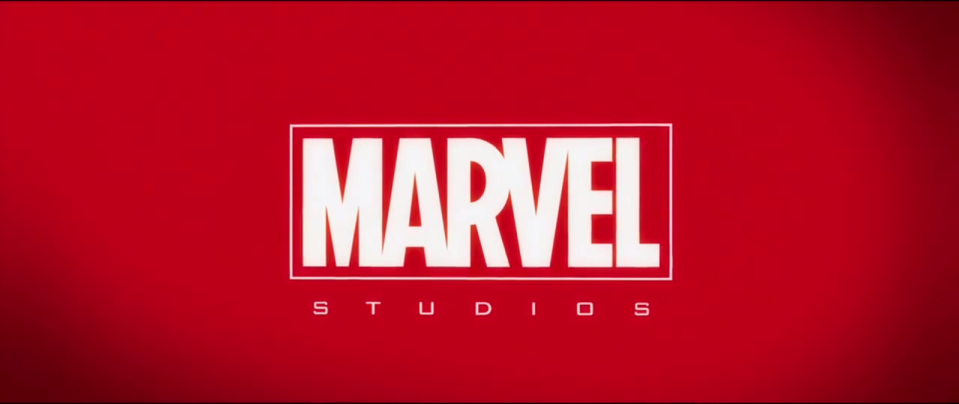
And then what?
In a world where original content suffers to come out and the market is so competitive and hard to survive in, the only rule will be (and is) to make money. How can indie productions survive in such context?
The market proves to be friendly only to super blockbusters production where a lot of money are spent but they eventually keep making large profits that let this productions survive.
Ugly remakes will start hitting theatres just in time to replace annoying sagas that can’t already end just for the sake of making more money out of them.
Jurassic World, Fast and Furious, allegedly Indiana Jones, and James Bond, yes I am talking to you.

It is clear now how many actors are switching from Hollywood to more intense and less market suffering productions where they have the chance to get a better expressions of characters, stories and of course more contact with fans and the audience as a whole.
Which one is naturally more likely to be appreciated by the viewers between a two-hours long movie or a 13-episodes long season?
TV series have inside their own nature the possibility of being more compelling to directors and screenwriters thanks to the popularity they’ve been gaining amongst the public and the form factor they’re innately born with.
I like the notion of getting to know a character over longer periods of time. I like the evolution of that. I think there’s something very personal about the relationship that an audience develops with somebody that they spend two or three years with, rather than two or three hours.
~ David Fincher, EmpireOnline (2013).
